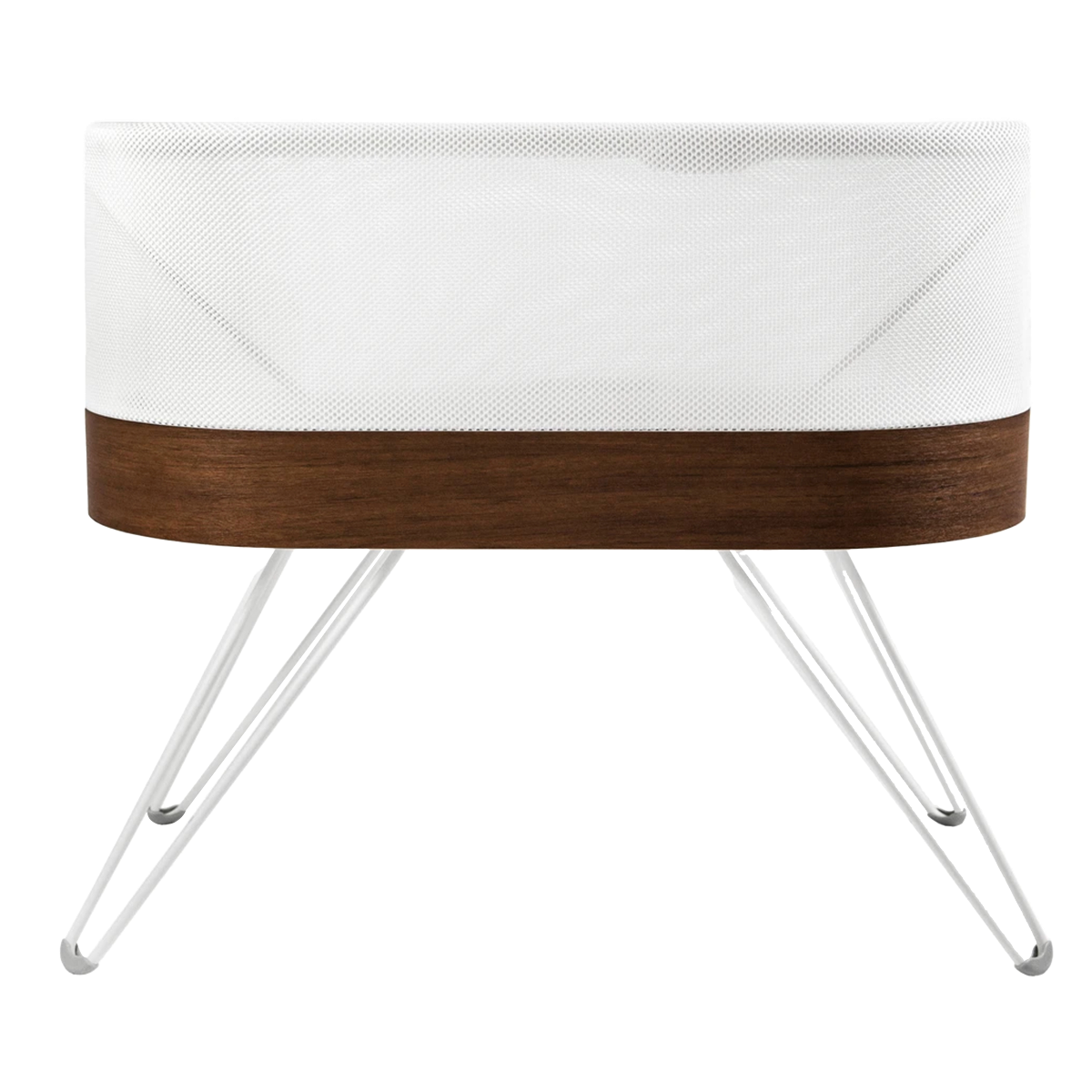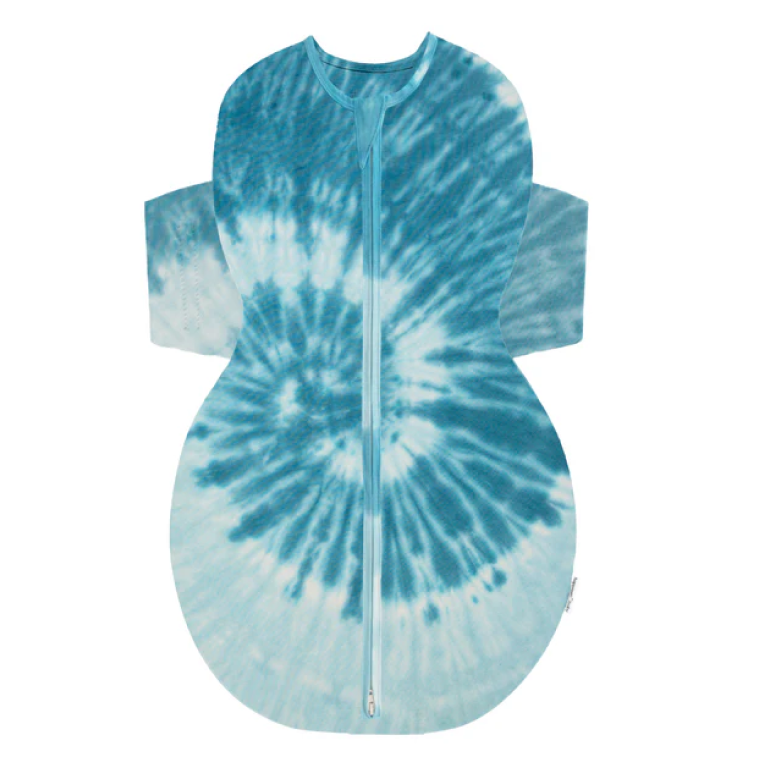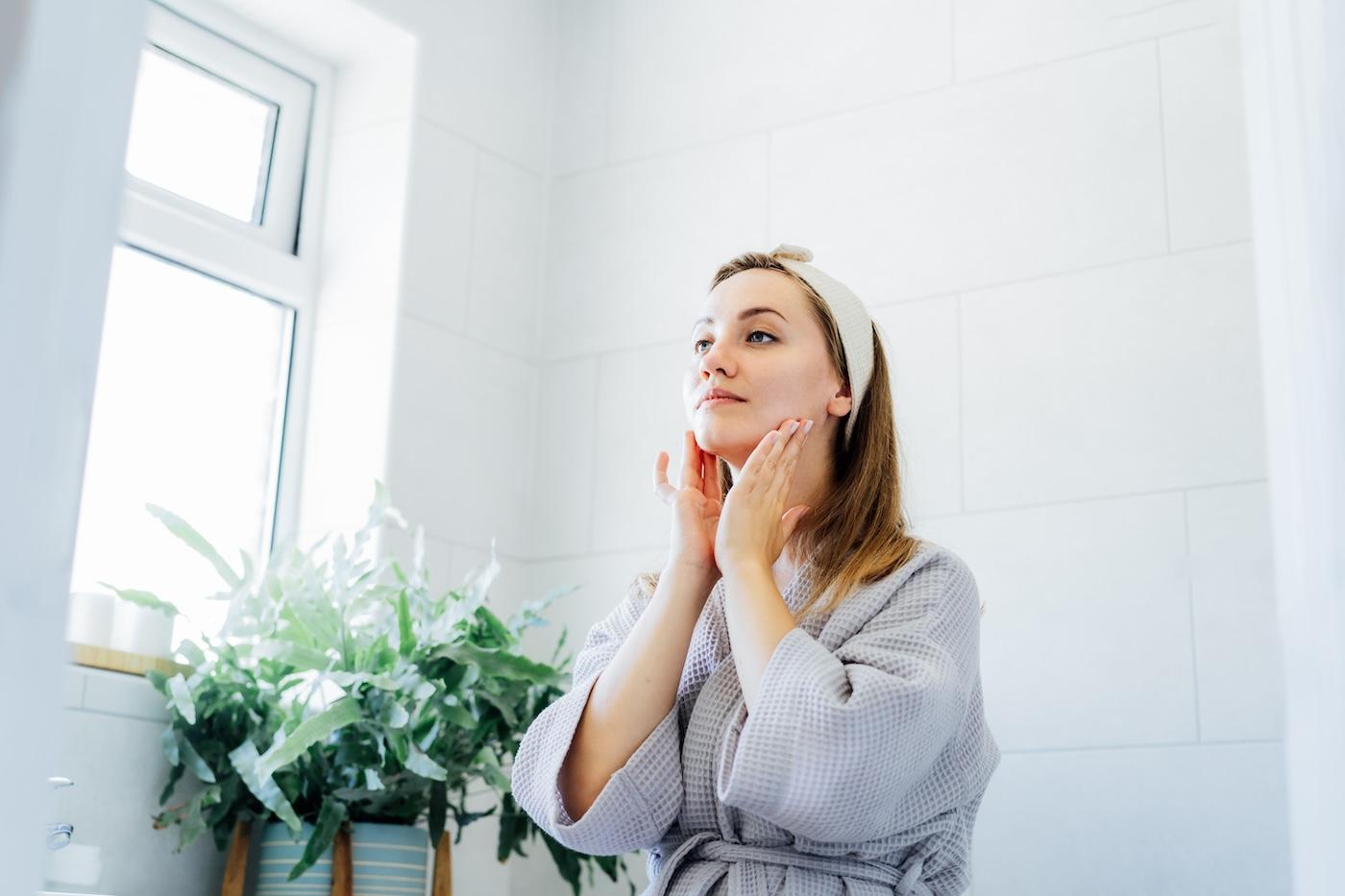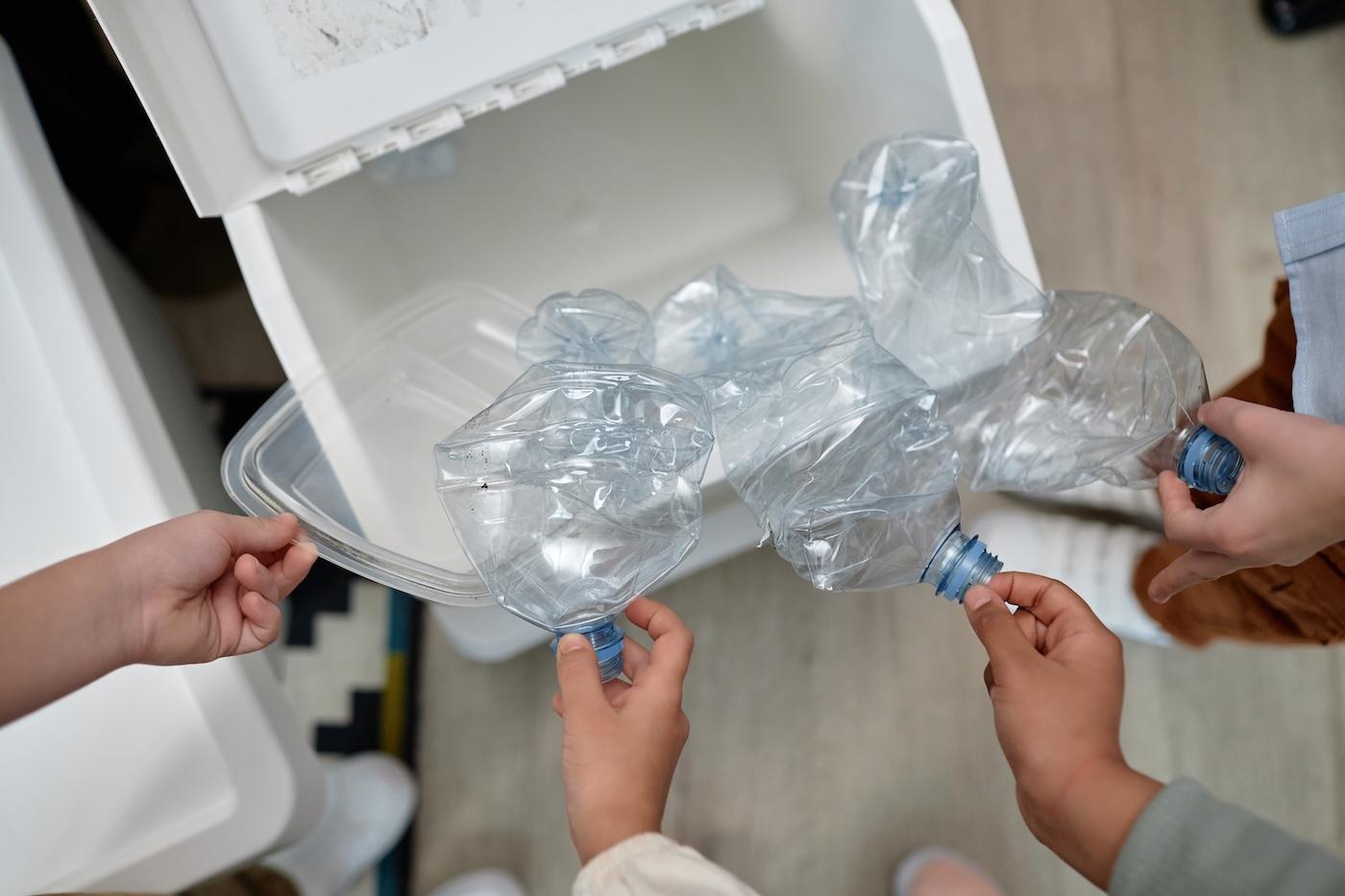PARENTS
What Parents Need to Know About Setting Up Backup Care in Case of an Emergency
If there’s one thing that the COVID-19 pandemic has taught us, it’s to expect the unexpected. That’s why it’s a smart idea to have a plan for backup childcare.

Written by
Dr. Harvey Karp

If there’s one thing that the COVID-19 pandemic has taught us, it’s to expect the unexpected. That’s why it’s a smart idea to have a plan for backup childcare. Even though many families are hunkered under the same roof right now—which means Mom or Dad can keep an eye on their tots while schools and daycares are closed—backup care might be necessary for a few reasons.
For one, a lot of parents have jobs in industries (such as in healthcare) where they have to continue to report to work during this time. Additionally—and I know, this isn’t something we like to think about it—it’s possible that you (and/or your partner) might fall ill and not be able to take care of your children temporarily. Or, with parents who work in fields where they could potentially be exposed, it might be necessary for them to spend time away from their families. So, with your plan A likely no longer an option, it’s crucial that you have a plan B in place.
Here are some tips for lining up backup childcare, in the event that you need it:
Make arrangements in advance for a backup caregiver. That means it’s time to call your sister, cousin, BFF—whoever—now so that you’re not scrambling in the event of an emergency. If you are relying on a nanny, you will want to make sure you’re complying with whatever orders are in place in your city and state. Hand in Hand and the Domestic Workers Alliance have advised that nannies should stay home unless they are caring for essential workers.
Designate a backup caregiver who is NOT in a high-risk group. While under normal circumstances, Grandma and Grandpa would be the perfect plan-B babysitters, if your child’s grandparents are over 65 years old, that puts them at a higher risk for severe illness. Likewise, friends or family who might have a serious underlying medical condition. (Here’s who the CDC considers high-risk).
Make sure you communicate about your quarantine and exposure situation. Ideally, both you and your backup caregiver will have been staying at home, but it’s a good idea to have a frank conversation, so that you understand your caregiver’s risk of exposure. Find out how well they have been adhering to social distancing guidelines. Have they been going out at all? If so, have they been steering clear of public places? You will also want to find out if they’ve experienced any symptoms of coronavirus or if they’ve been in contact with anyone else who has. On the flip side, you will need to come clean with your backup babysitter about your own health and possible exposure so they understand their risk by coming to work for you.
Have your caregiver come to you, if possible. Unless your children are in a high-risk group, it’s best for everyone to stay put at home. But have everyone continue to practice good hygiene at home: wash hands often, disinfect shared spaces and frequently touched objects (such as doorknobs). If your backup babysitter is coming to you, treat your home like their workplace, and follow the CDC’s guidelines for employers.
Have your in-case-of-emergency contact accessible. If you do get sick, you will want responders to be able to access this information quickly. Post the information in your home and add it to your phone. Here are instructions for making your in-case-of-emergency contact number accessible even if your phone is locked.
Hopefully, you’ll never have to use these tips, but in the event that you do, you’ll be glad that you were prepared.
Disclaimer: The information on our site is NOT medical advice for any specific person or condition. It is only meant as general information. If you have any medical questions and concerns about your child or yourself, please contact your health provider.
SHARE THIS ARTICLE
MOST LOVED
Sleepytime Sidekicks












